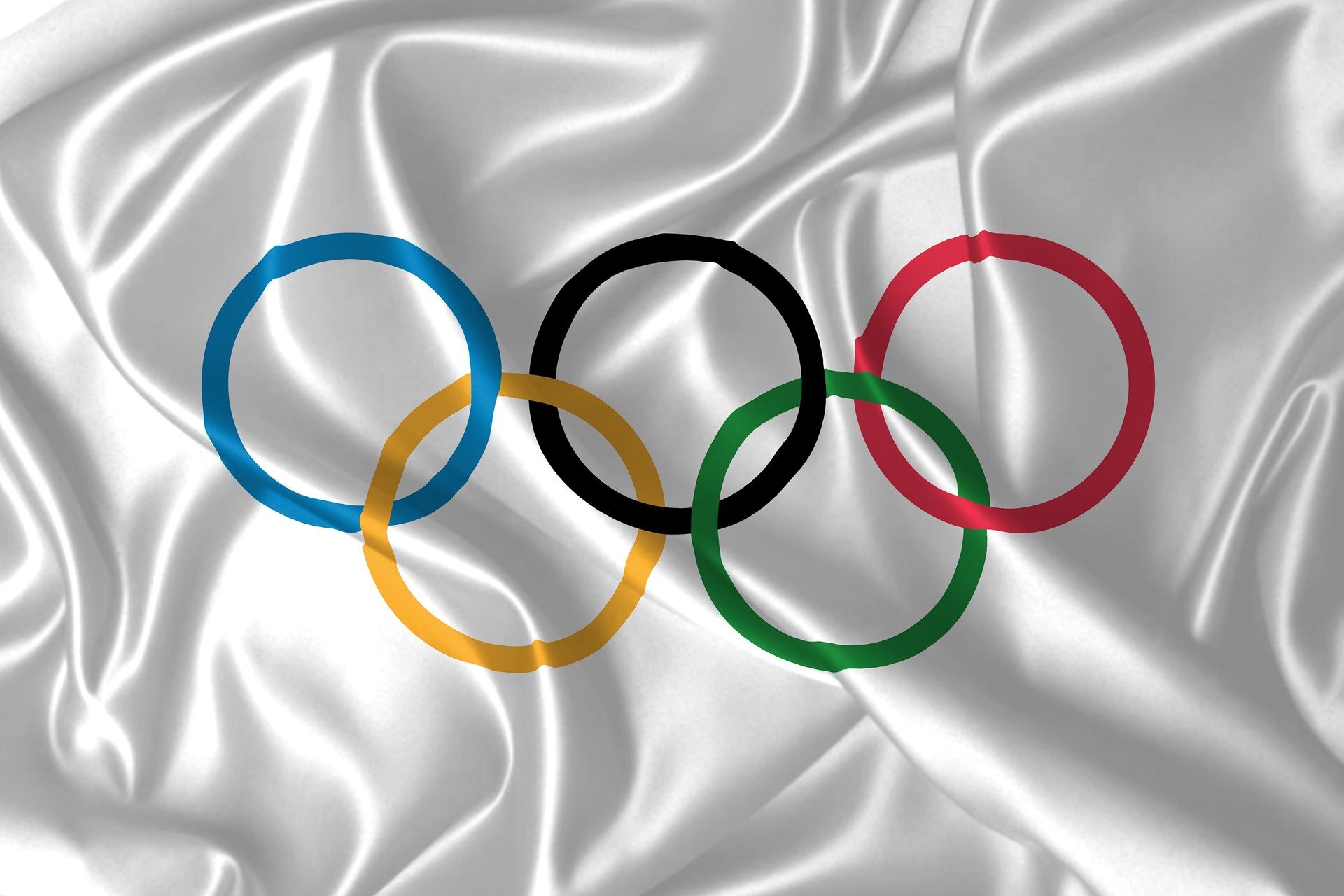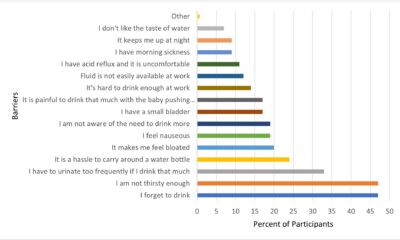Health
The organization urges the IOC to cut ties with the soft drink manufacturer in the interests of athletes, spectators and the planet

Credit: Pixabay/CC0 public domain
The International Olympic Committee (IOC) must cut ties with Coca-Cola in the best interests of athletes, spectators and the planet, urge Trish Cotter and Sandra Mullin of international public health organization Vital Strategies in an editorial in the journal BMJ Global Health.
The company’s sponsorship implicitly forces athletes to endorse unhealthy, sugary drinks and gives Coca-Cola elite access to political and business leaders to exert its influence, the authors point out.
Coca-Cola has sponsored the Olympic Games for almost 100 years, they note. And there’s a good reason for that, they say.
“Sponsoring high-profile sporting events is usually a very effective marketing strategy. In 2022, The Coca-Cola Company had 233 active sponsorship deals worldwide across 21 sports. In 2023, Coca-Cola even had the most sports sponsorship of all other sports. brand,” they emphasize.
But the largest active deal is with the IOC.
Not only do these deals allow brands to “leverage consumers’ emotional connections to sports’ biggest moments… But sponsorship of sporting events also lures individual athletes into tacit expressions of support that many would otherwise want to avoid,” the authors point out.
And there is no doubt about the power of sport, they say, citing the example of footballer Cristiano Ronaldo. He set aside two bottles of Coca-Cola during a press conference for the 2021 European Football Championships, despite Coca-Cola being an official event sponsor, and instead held up a bottle of his favorite water.
The gesture “was seen by the public as a rebuke to the idea that Coca-Cola is a benign drink embraced by elite athletes,” the authors write. Just a few seconds of footage reportedly wiped $4 billion off the soft drink giant’s market value, they add.
Despite evidence that sugary drinks contribute to obesity, type 2 diabetes, high blood pressure and heart disease, and the IOC’s mission to promote athletes’ health, Coca-Cola remains a top sponsor of the Olympic Games and retains a contract through by at least 2032, note the authors.
The brand still has a lot to gain, they suggest. More than 3 billion people worldwide watched the broadcasts of the Tokyo 2020 Games, and there were 28 billion video views on broadcasters’ digital platforms.
“With a viewership of this size, advertising during the Olympics is a coveted opportunity for companies to showcase their products, no matter how harmful they may be to consumers,” the authors say.
Sponsorship also gives the company’s senior managers easy access to top athletes and business and political leaders, they point out.
“The millions poured into this deal will give Coca-Cola much more than a seat at the opening ceremony. The company has purchased access to several events where relationships are forged behind the closed doors of corporate privilege,” they write.
Such a strategy “culminates in a gold medal to ‘sport’ an unhealthy product,” they suggest, adding that the packaging and distribution processes also contribute enormously to plastic pollution, greenhouse gas emissions and water insecurity in poor communities.
“By continuing its association with Coca-Cola, the Olympic movement risks being complicit in intensifying a global epidemic of poor nutrition, environmental degradation and climate change,” the authors point out.
And major international public health agencies – including the World Health Organization and the World Obesity Federation – must also step up, the authors say. Their advocacy for a reduction in sugary drink consumption must include a better understanding of the unique role of sports marketing.
“The IOC must recognize that Coca-Cola’s continued association with the Olympic Games contradicts the fundamental values of this global event and risks making the Games complicit in our nutritional and environmental crises,” the authors write.
“By cutting ties with Coca-Cola, the IOC can send a strong message that the Olympic Games stand for integrity, health and sustainability. Let us implore the IOC to act quickly in the best interests of athletes, spectators and the planet,” they concluded. .
More information:
The Olympics have started: it’s time for the IOC to stop promoting sugary drinks BMJ Global Health (2024). DOI: 10.1136/bmjgh-2024-016586
Quote: Organization urges IOC to cut ties with soft drink maker in the interests of athletes, spectators, planet (2024, August 6) retrieved August 7, 2024 from https://medicalxpress.com/news/2024-08-urges -ioc-soft- athletes-spectators.html
This document is copyrighted. Except for fair dealing purposes for the purpose of private study or research, no part may be reproduced without written permission. The content is provided for informational purposes only.









